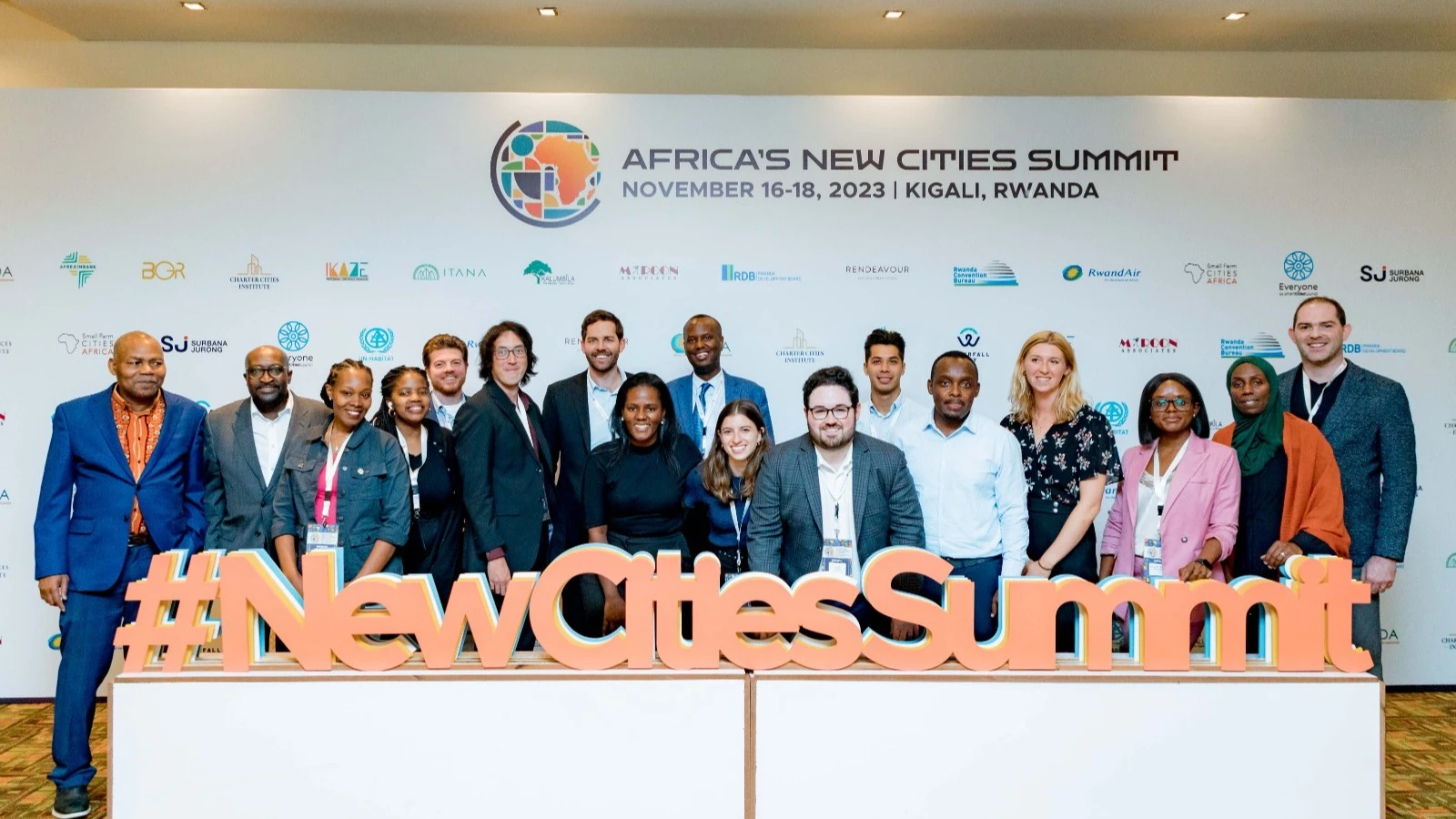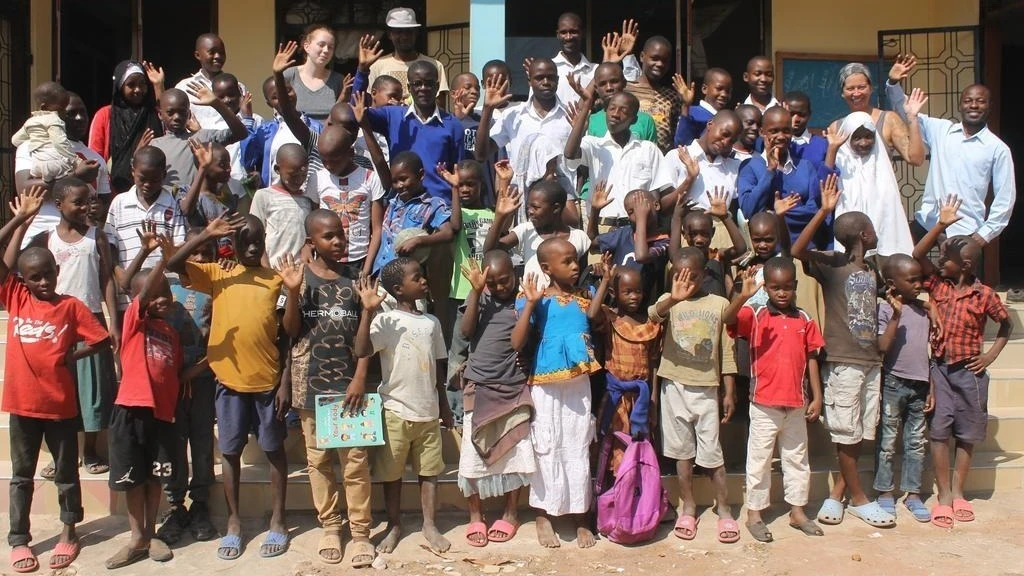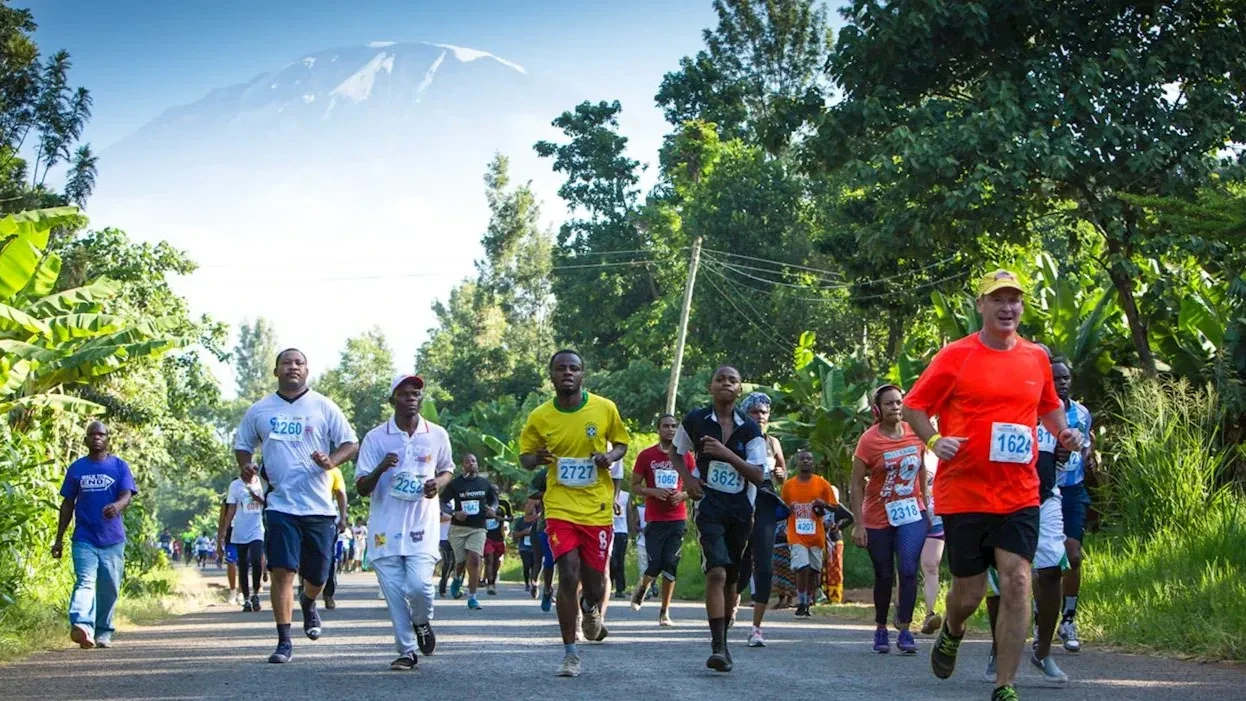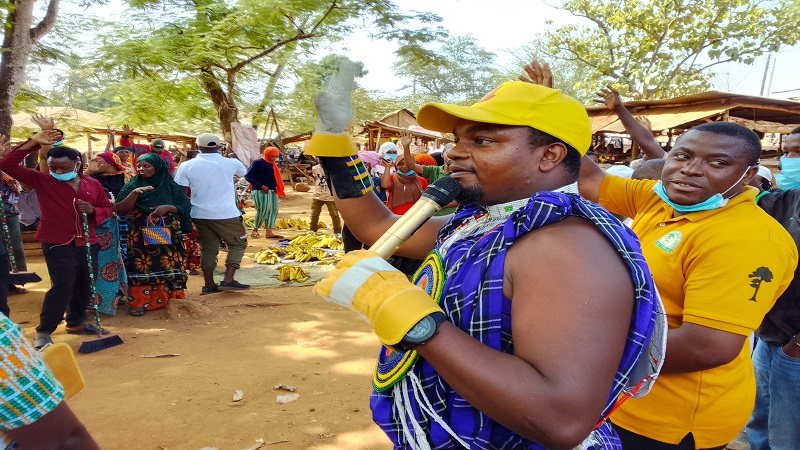Silent killer: Tackling the rising diabetes epidemic through awareness, prevention

DIABETES mellitus has emerged as one of the leading causes of death globally, classified as a non-communicable disease predominantly caused by poor lifestyle choices.
The term ‘diabetes’ is derived from the Greek word meaning ‘to siphon’ and a Latin word meaning ‘sweet as honey’, aptly describing how the disease affects the body. Fluids pass through the body of a person with diabetes as if siphoned, exiting through the urinary tract.
Diabetes occurs when blood glucose, or blood sugar, levels are too high. Glucose, the body’s primary energy source, is derived from the food and beverages consumed daily.
The pancreas produces a hormone called insulin, which helps glucose enter body cells to be used for energy. However, when the pancreas fails to produce sufficient insulin or the body becomes resistant to its effects, glucose levels in the bloodstream can rise abnormally, causing diabetes.
Understanding diabetes, its risks
For a clear understanding of diabetes, one must first know how the body processes food into energy. During digestion, glucose is produced and enters the bloodstream, where insulin facilitates its uptake by muscles, fat cells, and the liver.
Without proper insulin production or function, blood sugar levels may either rise too high (hyperglycemia) or drop too low (hypoglycemia), both of which can be life-threatening.
Raising awareness about diabetes is essential in addressing this chronic condition. Education helps individuals understand risk factors, promotes early detection, and encourages lifestyle changes that can prevent or delay the onset of the disease.
Diabetes Self-Management Education and Support (DSMES) programmes have been proven effective in equipping people with the knowledge and skills to manage their condition, reducing complications and mortality rates.
Global and local challenges
According to the World Health Organization (WHO), over 800 million people globally have diabetes as of November 2024. Many remain undiagnosed, including a significant portion of the population in Tanzania, where diabetes has become a growing health crisis.
Tanzania’s Ministry of Health reports that, by the end of 2024, 6.5 million adults—approximately 15 percent of the population—was living with diabetes, an increase from 12.8 percent in 2022.
The most affected age group is between 20 and 79 years. In response, the Tanzanian government has launched initiatives to improve access to treatment and encourage healthier lifestyles, including better diets and regular exercise.
Symptoms, risk factors, and prevention
Diabetes often goes undetected, earning it the nickname ‘the silent killer’. Common risk factors include being overweight, leading a sedentary lifestyle, having a family history of diabetes, high blood pressure, excessive stress, and the habitual use of alcohol or tobacco. Fat accumulation around the waist and internal organs, such as the liver and pancreas, further disrupts blood sugar regulation.
Health experts emphasize that while consuming sugar does not directly cause diabetes, excessive intake can lead to weight gain, increasing the risk of type 2 diabetes. Early symptoms include frequent urination, excessive thirst, and unexplained weight loss.
Need for community education
Efforts to promote physical activity and educate communities on the importance of a balanced diet are gaining traction. On May 27, 2024, during the World Health Assembly in Switzerland, a ‘Walk the Talk: Health for All Challenge’ event highlighted the importance of exercise in preventing non-communicable diseases, including diabetes.
Former Tanzanian Health Minister Ummy Mwalimu emphasized the need for public health campaigns encouraging physical activity and lifestyle changes.
In Tanzania, Prime Minister Hon. Kassim Majaliwa recently launched a nationwide fitness campaign to promote a culture of exercise, aiming to curb the rise of non-communicable diseases. Dr. Francis Michael underscored the global surge in such diseases, attributing it to inadequate exercise, poor dietary habits, and the excessive use of salt, sugar, and fats.
Call for action
Stakeholders urge governments to prioritize education on preventing and managing non-communicable diseases like diabetes. With concerted efforts, including public awareness campaigns and enhanced healthcare access, the burden of diabetes can be mitigated, saving lives and improving global health outcomes.
Top Headlines
© 2025 IPPMEDIA.COM. ALL RIGHTS RESERVED

























